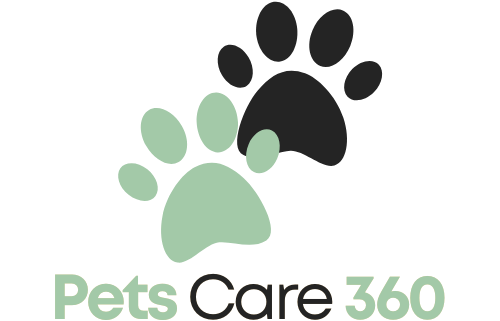A well-fed pet is a happy pet! Just like humans, our furry companions thrive on a balanced, nutritious diet tailored to their unique needs. Whether you have a playful pup, a curious kitty, or an exotic pet, the food you serve plays a critical role in their health and happiness. Let’s explore how to create the perfect menu for your beloved pets, keeping them energized, healthy, and full of life.
Why Your Pet’s Diet Matters
Good nutrition isn’t just about keeping hunger at bay—it’s the foundation of a healthy life. The right diet boosts your pet’s immune system, supports strong bones and muscles, maintains a shiny coat, and ensures they stay active. On the other hand, an unbalanced diet can lead to health issues like obesity, digestive troubles, and chronic diseases.
The key is knowing what’s best for your pet based on their species, age, activity level, and any specific health concerns.
1. Feeding Your Dogs: More Than Just Kibble
Dogs are omnivores, meaning their diet can include both plant and animal-based foods. However, not all dog foods are created equal.
- What They Need: High-quality protein (chicken, fish, beef), healthy fats, and a variety of vegetables for vitamins and fiber.
- Foods to Avoid: Chocolate, onions, garlic, grapes, and foods high in salt or sugar.
- Tips:
- Opt for premium dog food that lists real meat as the first ingredient.
- Treats are great, but keep them to less than 10% of their daily calorie intake.
- If cooking at home, consult your vet to ensure meals are nutritionally complete.
2. Nutrition for Cats: The True Carnivores
Unlike dogs, cats are obligate carnivores, meaning they require meat to survive. Their bodies are designed to digest high-protein diets with minimal carbohydrates.
- What They Need: Animal-based proteins like chicken, fish, or turkey, along with essential amino acids like taurine and healthy fats.
- Foods to Avoid: Milk (yes, really!), raw eggs, raw fish, and anything seasoned.
- Tips:
- Choose cat food labeled as “complete and balanced” by pet food standards.
- Provide fresh water at all times—cats are prone to dehydration.
- Occasionally offer wet food to support hydration and urinary health.
3. Caring for Small Pets: Rabbits, Hamsters, and Guinea Pigs
Small pets may have tiny stomachs, but their dietary needs are just as important.
- Rabbits: Focus on hay as the primary food source, complemented by fresh veggies and a small amount of pellets. Avoid sugary fruits as treats.
- Hamsters: A mix of hamster-specific pellets, grains, and seeds works best. Avoid citrus fruits, which can upset their stomachs.
- Guinea Pigs: Like rabbits, they thrive on hay and vegetables. They also need Vitamin C supplements, as they can’t produce it naturally.
4. For the Feathered Friends: Birds
Birds are delightful companions with unique dietary requirements depending on their species.
- What They Need: Seeds, pellets, and fresh fruits and vegetables. Some species, like parrots, enjoy nuts as occasional treats.
- Foods to Avoid: Avocado, chocolate, and caffeine are toxic to birds.
- Tips:
- Rotate fresh foods to keep your bird’s diet exciting.
- Ensure their food dishes are clean to avoid bacterial contamination.
5. Fish and Aquatic Pets: A Balanced Aquarium Diet
Feeding your fish might seem simple, but overfeeding is a common mistake that can harm their health and the tank’s water quality.
- What They Need: Species-specific pellets or flakes, supplemented with live or frozen food like brine shrimp or bloodworms for carnivorous species.
- Tips:
- Feed only what they can consume in 2-3 minutes.
- Research the dietary needs of your specific fish species.
General Diet Tips for All Pets
- Fresh Water: Always provide clean, fresh water for hydration.
- Portion Control: Overfeeding leads to obesity and health problems. Stick to recommended portion sizes based on your pet’s weight and activity level.
- Read Labels: Choose high-quality commercial foods free from fillers, artificial colors, and by-products.
- Regular Check-Ups: Consult your vet about your pet’s dietary needs during routine visits.
A Healthy Pet is a Happy Pet
The love we share with our pets is priceless, and one of the best ways to show it is by serving them a healthy, balanced diet. Whether you’re prepping meals at home or selecting the best commercial food, your efforts will reflect in your pet’s wagging tails, purring contentment, or cheerful chirps.
Take the time to understand your pet’s unique needs, and don’t hesitate to reach out to your veterinarian for guidance. After all, a well-fed pet isn’t just healthier, they’re happier too!


